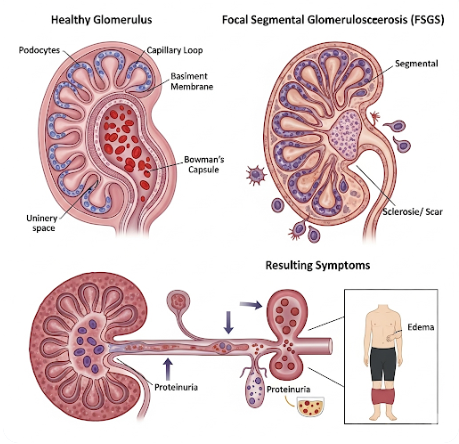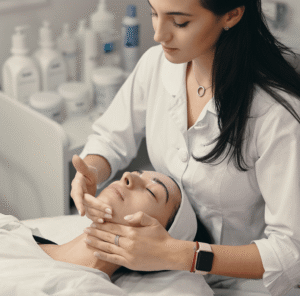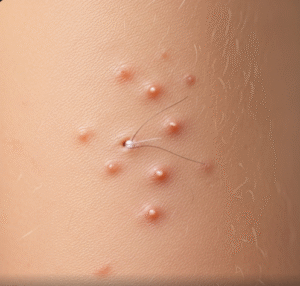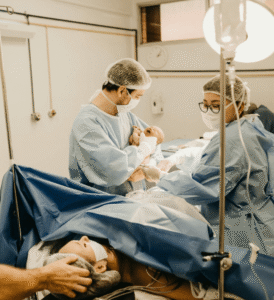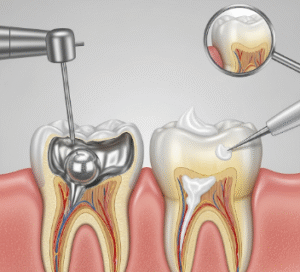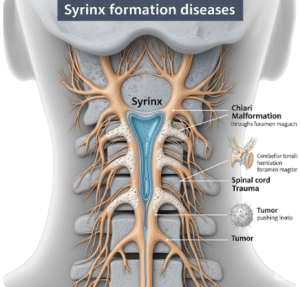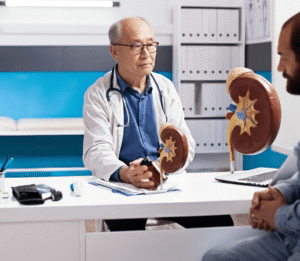Overview
Focal Segmental Glomerulosclerosis (FSGS) is a serious kidney disorder characterized by scarring in certain segments of the glomeruli, the tiny filtering units of the kidney. This condition can lead to proteinuria, nephrotic syndrome, and progressive kidney failure if untreated. In Korea, FSGS is managed by nephrology specialists, and treatment often involves medication, lifestyle modifications, and sometimes advanced therapies like dialysis or kidney transplantation.
What is FSGS?
FSGS is a pathological condition of the kidneys where only some glomeruli (focal) and only part of each affected glomerulus (segmental) develop sclerosis (scarring). The scarring reduces the kidney’s ability to filter blood properly, leading to protein loss in urine and fluid imbalance. It can affect both adults and children and may occur primarily (without a known cause) or secondarily due to other conditions such as infections, obesity, or drugs.
Symptoms
- Swelling (edema) in the legs, ankles, or around the eyes
- Foamy urine due to high protein content
- Fatigue and weakness
- Weight gain from fluid retention
- High blood pressure (hypertension)
- Reduced kidney function over time
Causes
- Primary (idiopathic) FSGS: Exact cause unknown, likely immune or genetic factors
- Secondary FSGS: Resulting from conditions such as:
- Obesity or metabolic syndrome
- Viral infections (HIV, hepatitis B or C)
- Drug exposure (NSAIDs, certain chemotherapy agents)
- Reflux nephropathy or other kidney diseases
- Genetic mutations affecting kidney filtration (more common in children)
Risk Factors
- Male gender (higher incidence in men)
- African or Asian ancestry
- Obesity and metabolic disorders
- History of viral infections
- Use of nephrotoxic drugs
- Family history of kidney disease
Complications
- Chronic kidney disease (CKD)
- End-stage renal disease (ESRD) requiring dialysis or kidney transplant
- High blood pressure complications (heart disease, stroke)
- Increased risk of blood clots due to protein loss
- Infections related to immunosuppressive therapy
Prevention
- Early detection through regular urine and blood tests
- Managing underlying conditions like hypertension, diabetes, and obesity
- Avoiding long-term use of nephrotoxic drugs
- Maintaining a balanced diet and healthy weight
- Regular follow-ups with a nephrologist for high-risk patients
Treatment Options in Korea
Diagnosis:
- Urine analysis for proteinuria
- Blood tests for kidney function (creatinine, eGFR)
- Kidney biopsy for definitive diagnosis and classification
- Imaging studies to evaluate kidney structure if needed
Medical Treatments:
- Corticosteroids for primary FSGS
- Immunosuppressive therapy (cyclophosphamide, cyclosporine, tacrolimus) for resistant cases
- Medications to control blood pressure (ACE inhibitors, ARBs)
- Diuretics for edema management
- Lipid-lowering therapy if hyperlipidemia is present
Surgical or Advanced Interventions:
- Dialysis for patients with progressive kidney failure
- Kidney transplantation in end-stage renal disease
- Supportive care for fluid and electrolyte balance
Rehabilitation & Support:
- Nutritional counseling (low-salt, moderate protein diet)
- Lifestyle modifications including regular exercise
- Monitoring for complications like infections or blood clots
- Psychological support for chronic illness management

